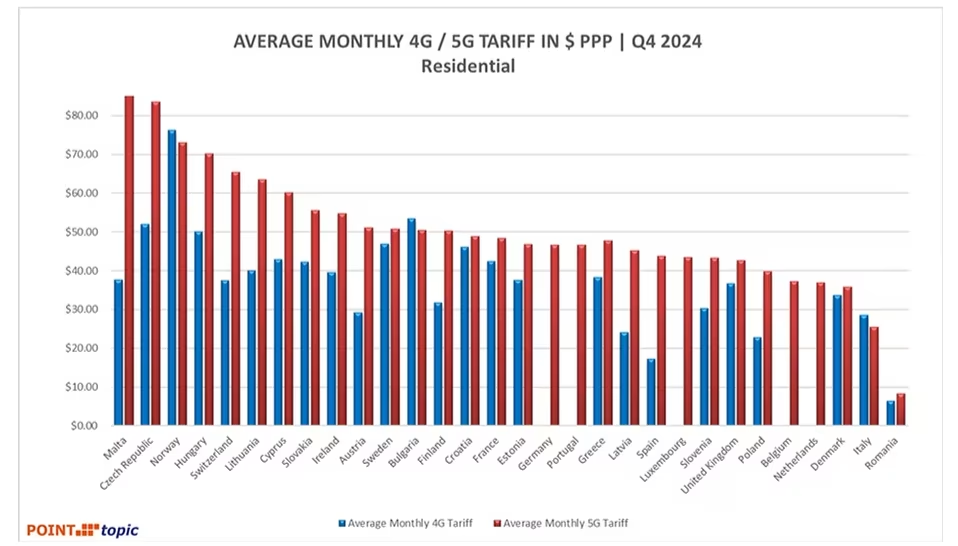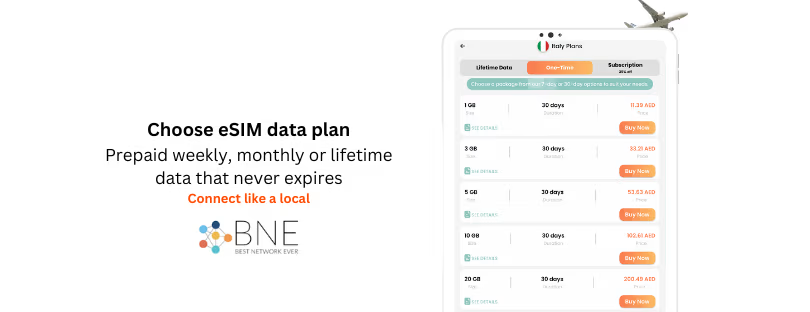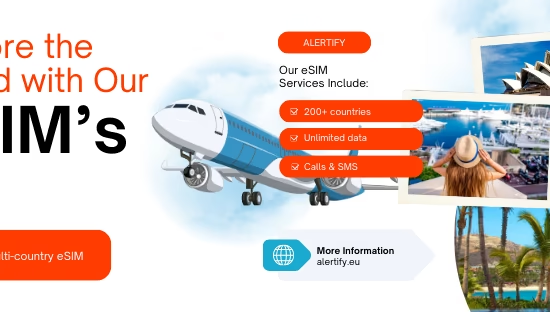
European Mobile Broadband: 5G Outshines 4G in Value
The European mobile broadband market continues to evolve rapidly, with Q4 2024 showcasing significant shifts in pricing, data allowances, and consumer preferences. As 5G networks expand and competition intensifies, operators are adapting their strategies to meet the growing demand for faster, more reliable, and affordable mobile internet services. Europe 5g Mobile Broadband
This article explores the latest trends in European mobile broadband tariffs, highlighting key developments and what they mean for consumers and providers alike. It is based on the Point Topic report, which tracks changes in the 4G LTE/LTE Advanced and 5G tariffs provided by mobile operators across Europe.
5G Dominates the Landscape
By Q4 2024, 5G has firmly established itself as the backbone of mobile broadband across Europe. With coverage extending to both urban and rural areas, consumers are increasingly opting for 5G-enabled plans. Operators are leveraging this technology to offer faster speeds and lower latency, catering to the needs of data-heavy applications like streaming, gaming, and remote work.
Tariffs for 5G services have become more competitive, with many providers offering unlimited data plans at mid-tier price points. This marks a significant shift from earlier years, where 5G was often positioned as a premium offering. In countries like Germany, France, and the UK, 5G adoption rates have surged, driven by aggressive marketing campaigns and bundled services that include streaming subscriptions and cloud storage.
Data Allowances Reach New Highs
One of the most notable trends in Q4 2024 is the increase in data allowances across mobile broadband plans. As consumers’ data consumption continues to rise, operators are responding by offering larger or even unlimited data packages. In many cases, entry-level plans now include at least 50GB of data per month, a stark contrast to the 10-20GB limits commonly seen just a few years ago.
Unlimited data plans, once reserved for high-end users, are now widely available at affordable prices. For example, in Scandinavia, several operators are offering unlimited 5G data for as little as €20 per month. This trend reflects the growing importance of data as a key differentiator in the competitive mobile broadband market.
Price Wars and Regional Variations
While overall prices for mobile broadband have decreased, regional variations remain significant. In Western Europe, tariffs are generally lower due to intense competition and mature markets. Countries like Spain and Italy have seen some of the most aggressive pricing strategies, with operators slashing prices to attract and retain customers.
In contrast, Eastern Europe continues to experience higher average tariffs, though the gap is narrowing. Operators in this region are investing heavily in infrastructure to improve network quality and coverage, which is gradually leading to more competitive pricing. For instance, Poland and Romania have witnessed a 15-20% reduction in mobile broadband prices over the past year, driven by increased competition and regulatory interventions.
Bundling and Value-Added Services
Bundling remains a popular strategy among European operators, with many offering mobile broadband as part of larger packages that include fixed-line internet, TV, and even smart home services. These bundles provide added value to consumers while allowing operators to lock in customers for longer periods.
In Q4 2024, value-added services have become a key battleground. Operators are increasingly including perks such as free access to streaming platforms (e.g., Netflix, Spotify), cloud storage, and cybersecurity features. For example, a leading UK operator now offers a mobile broadband plan that includes free access to Disney+ and 500GB of cloud storage, highlighting the growing emphasis on enhancing the overall customer experience.
Sustainability and Fair Usage Policies
Sustainability has emerged as a key theme in the mobile broadband market, with operators introducing eco-friendly initiatives and transparent fair usage policies. Many providers are now offering carbon-neutral plans, where a portion of the tariff is allocated to environmental projects. Additionally, fair usage policies have been refined to ensure that unlimited data plans are not abused, with operators implementing measures to manage network congestion during peak times.
Why such marked differences between countries?
Europe 5g Mobile Broadband: Looking Ahead
As we move into 2025, the European mobile broadband market is poised for further transformation. The rollout of 5G-Advanced and the potential introduction of 6G technologies will likely drive new innovations in pricing and service offerings. Operators will need to balance affordability with the need to invest in infrastructure, while consumers can expect even greater flexibility and value from their mobile broadband plans.
In conclusion, Q4 2024 has been a pivotal period for European mobile broadband, marked by increased competition, larger data allowances, and a focus on sustainability. As the market continues to mature, both consumers and operators stand to benefit from the ongoing evolution of mobile connectivity.













